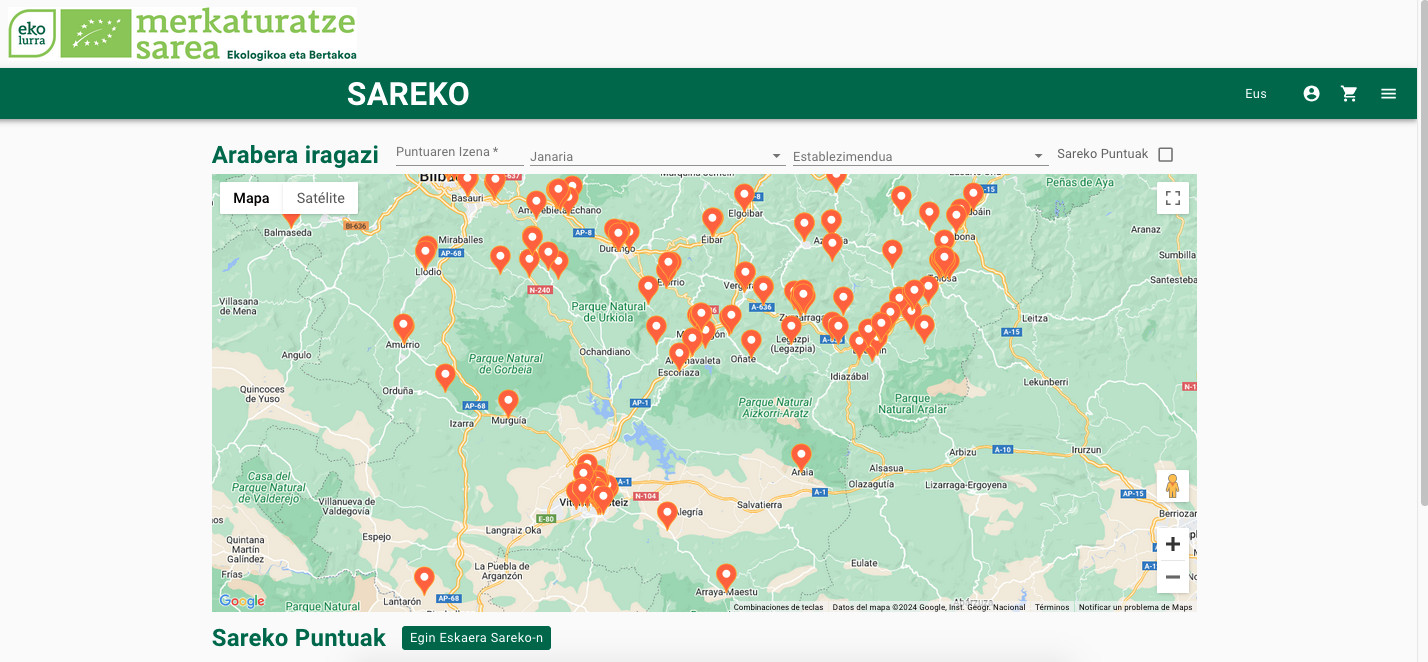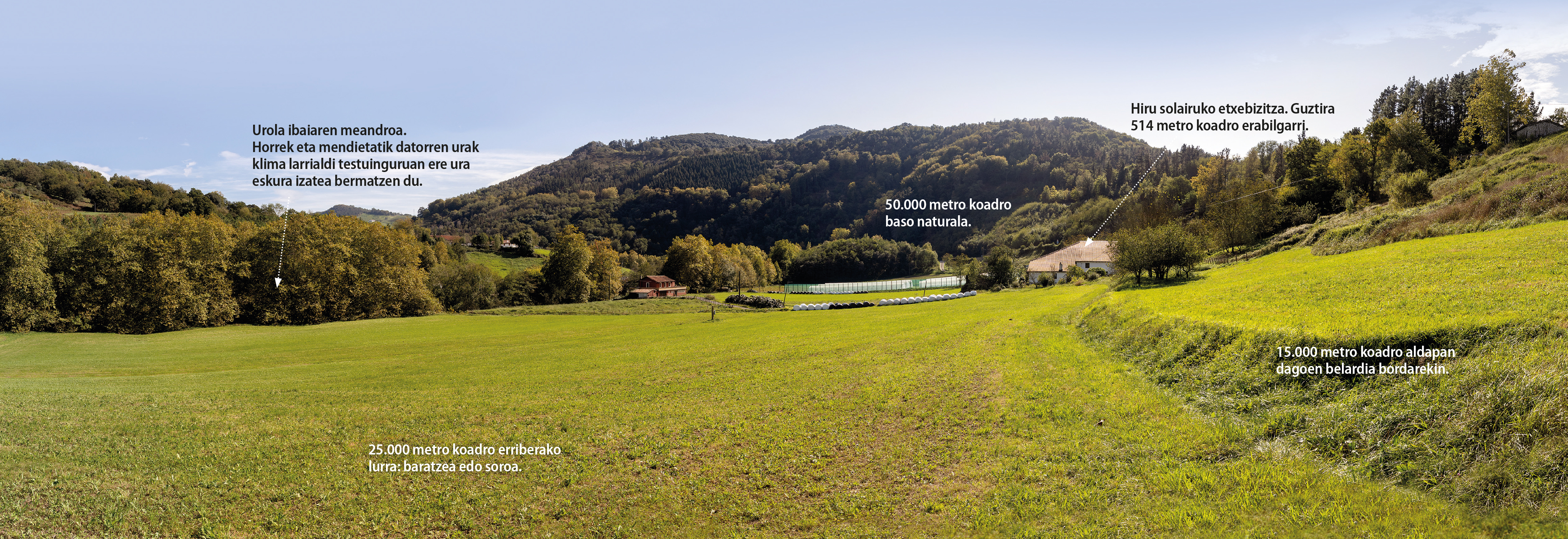The collective action of baserritarras Madera y Kandela calls agroecology
- On the 16th day, there will be a concentration in favour of the agri-ecological transition towards a “radical” change in agriculture and livestock production from the headquarters of the Provincial Council of Gipuzkoa.

The right to healthy food, the “bureaucratic” obligations and the end of free trade treaties, the prohibition of systemic food, the need for an ecological transition for a “radical” change in agriculture and livestock have been promulgated by members of the collective peasant action Wood and Kandela. The group of agroecological baserritarras of Gipuzkoa meets on Friday at 12:30 pm at the headquarters of the Provincial Council of Gipuzkoa in Donostia.
They criticize the current agro-industrial model, emphasizing that free trade agreements promote competition between “merciless” peasants, the “oligopolistic” distribution of supermarkets and “large” foods and the lack of intervention by farmers to decide.
Besides criticizing the agro-industrial model, they have also criticized the agricultural policies of the Gipuzkoan institutions: “They are the pillars of the industrial model to the same extent that undermine our proposals.” According to the members of the group, the “bureaucratic demands” imposed by the organizations choke farmers and abandon the family model: “They drive the synthetic food industry and spend public money on macro agricultural projects.”
Concern over the climate emergency has also been pointed out, causing “serious damage” to “water scarcity” and “climate instability”.
That is why they believe that agroecology is the model that has best solved the “ecological disaster” and that has faced the crisis of capitalism; to offer “decent work”, to create circuits that promote local consumption, to weave networks in consumption groups of small producers or in cooperatives and to strengthen the trade fairs of baserritars.






















